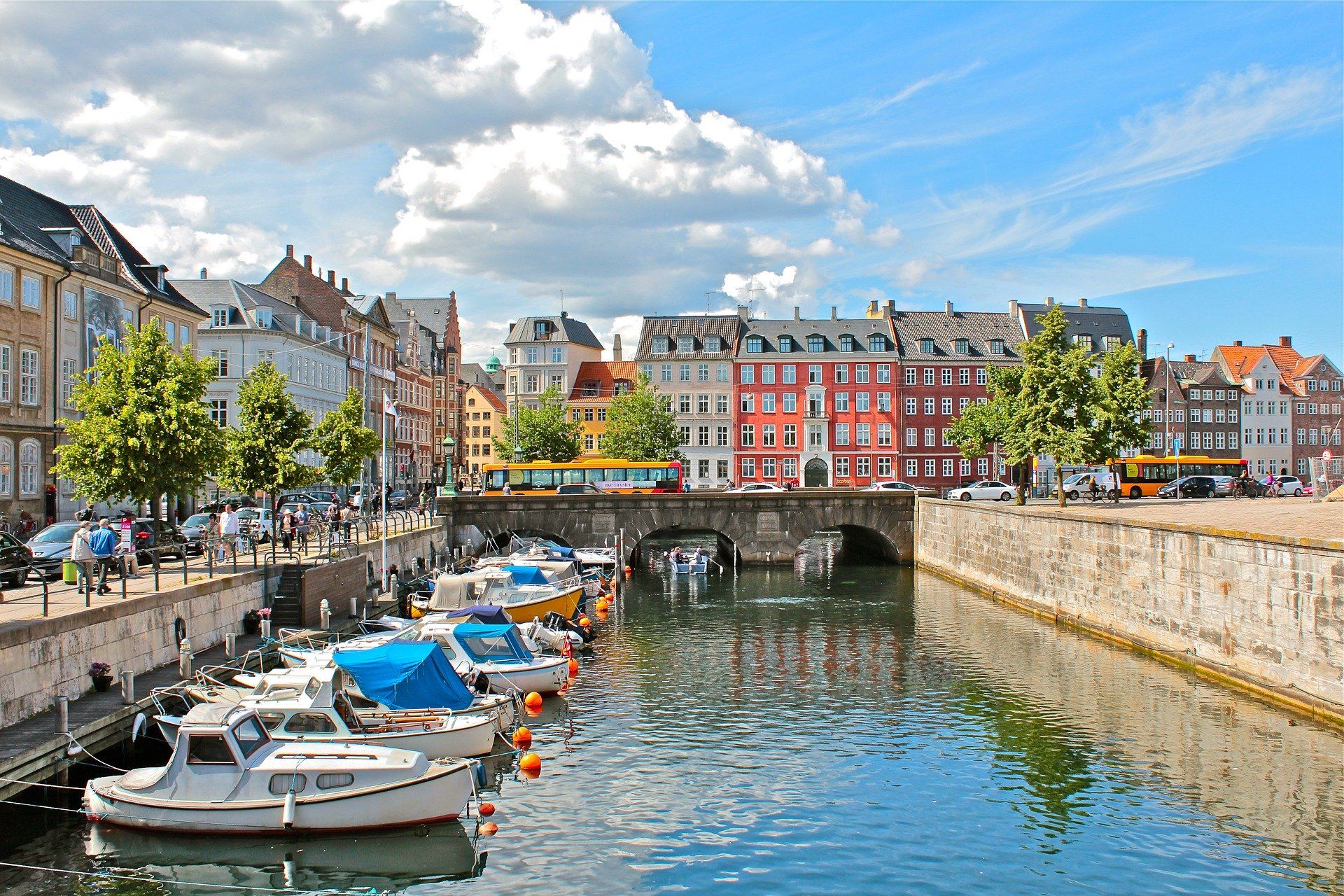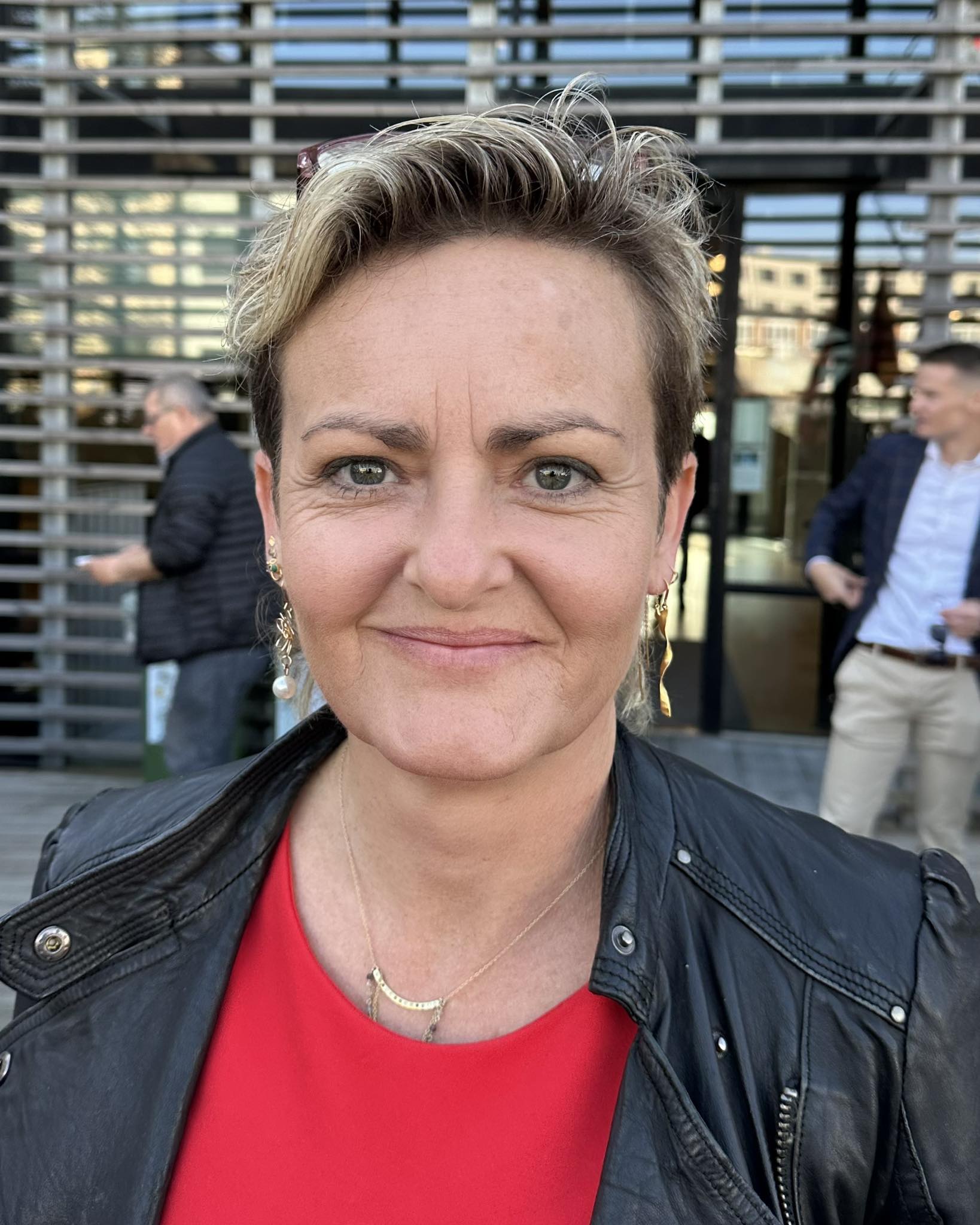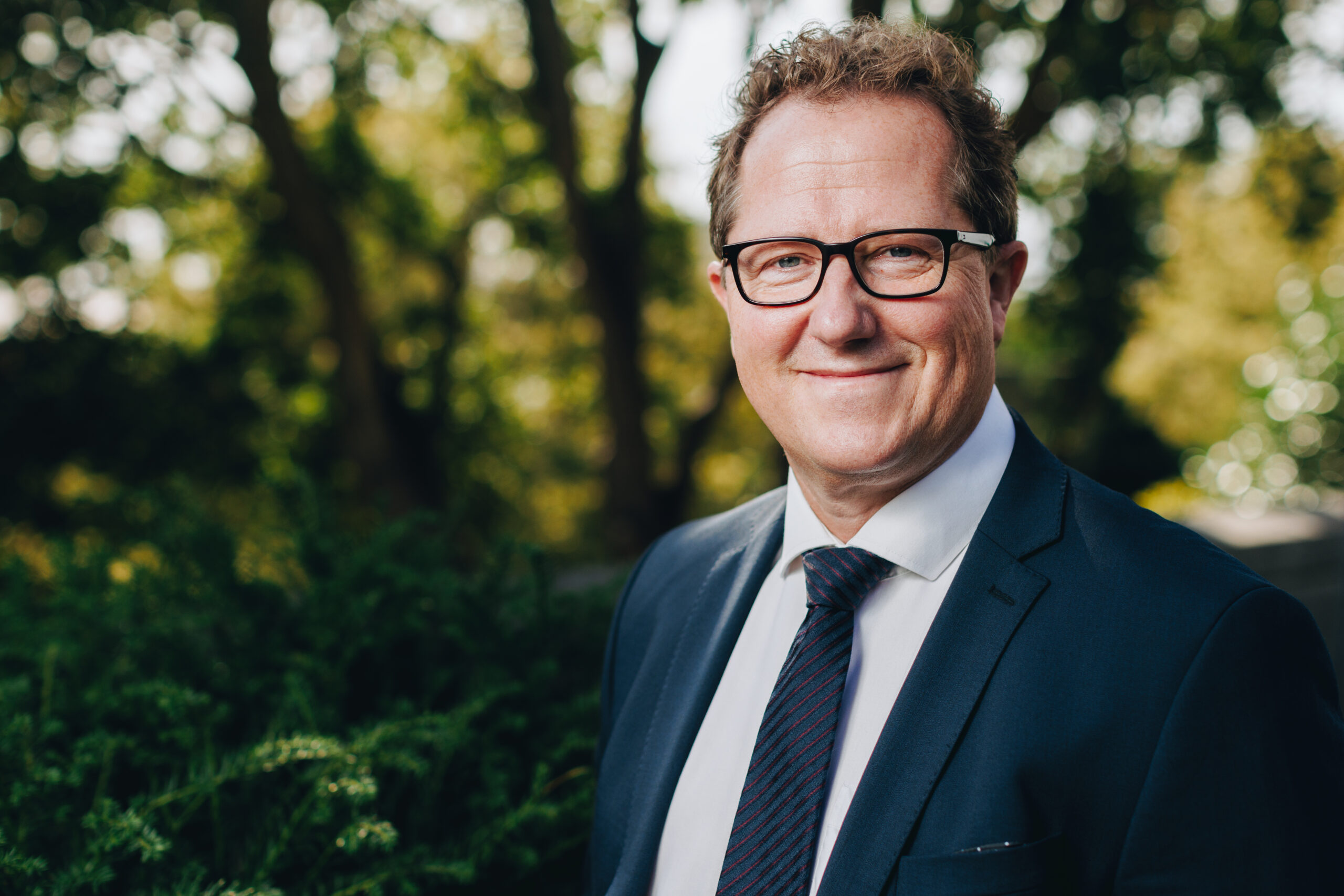De Danske Sprogcentre, the Danish language school interest group, has compiled a list of suggestions for how the government can encourage more foreigners to learn the language.
Among them is a recommendation to abolish the rule that prohibits internationals from obtaining free lessons once they have been here five years.
The number of foreign nationals working in Denmark has doubled in the past 12 years, but only a third end up taking lessons, and De Danske Sprogcentre fears this could lead to foreigners being poorly equipped to take another job should they switch careers.
Furthermore, in its strongly-worded op-ed published in Jyllands-Posten newspaper, it warns that “Denmark is on its way to repeating the failed integration of guest workers in the 70s.”
Bold recommendations
The recommendations suggest the following:
– Send a clear signal that Denmark expects foreign employees to learn Danish. Consider making the voluntary requirement mandatory.
– Appoint a working group at government level to consider how to achieve the goal.
– Instruct the municipalities to increase their efforts to follow up on students who do not take up the offer of lessons, or otherwise permit the state to take over.
– Empower the language centres to follow up on students who have slipped through the net.
– Appeal to employers to Increase the focus on Danish teaching in the workplace in order to increase employee motivation.
– Make the teaching more work-orientated, flexible and adapted to the needs of the individual.
– Abolish the rule that the right to attend Danish lessons disappears after five years of residency in Denmark.
Lesson from history
The op-ed came out fighting in its appeal to the state, municipalities, employers and internationals to increase their efforts in the arena.
“Everyone who lives and works in Denmark must learn Danish,” it stated, citing the case in the 1970s when pressure was not applied on guest workers to learn the language – principally people from Turkey.
“There is a huge risk that we are about to repeat the failed labour market policy of the 1960s and 70s, where we as a society did not demand that new colleagues learn Danish,” it argued.
“The consequences are well known. Guest workers who had difficulty keeping up with and adapting to the changing needs of the labour market. Family members, especially women, who never entered the Danish labor market, parallel communities in the Vestegnen etc. We shall not repeat that.”
Fears for the class of 2021
De Danske Sprogcentre fears history is repeating itself. Only 31 percent of the foreign nationals who moved to Denmark in 2021 started lessons, it claimed
“The large number of new foreign employees is necessary to compensate for the large cohorts who retire,” the op-ed argued.
“Denmark and the workplaces have a common incentive to ensure that the foreign workforce is not just guest workers, but that they settle in Denmark with their families. The prerequisite for this to happen is that the employees and their families are integrated both at the workplace and in the local community.”
Stuck in the labour market
De Danske Sprogcentre sets out a strong case why learning Danish is beneficial to internationals, who tend to “get stuck in one function in the labour market” unless they (worst case scenario) choose to leave Denmark altogether.
“You can quickly learn the 25 phrases needed to drive a taxi or put goods in place in Føtex. But it is an extremely context-dependent Danish that cannot be translated. In a new job, you therefore have to start all over again. Danish, which is learned systematically, can be translated. That’s why it’s more effective to learn the language at school,’ explained Professor Anne Holmen from the University of Copenhagen.
“Some may think it is enough that the foreign employees speak English. This may also be the case in some workplaces, but there will also be many workplaces where it is not enough – for example, throughout the elderly sector. At the same time, the lack of Danish language makes foreign employees less flexible.”
Harmful to integration
And there is also integration to consider.
“A lack of Danish language skills hinders co-operation with daycare facilities, schools and healthcare, and this will limit participation in association life and the local community. It is already felt in several smaller communities in West Jutland, where the share of Eastern European labour in agriculture is high,” argued the co-ed.
“This has consequences for integration, both here and now and in the long term. According to figures from Dansk Industri, one in eight employees has a foreign background – the lack of knowledge of Danish is therefore also of great importance for the Danish colleagues and social life in the workplace.”















